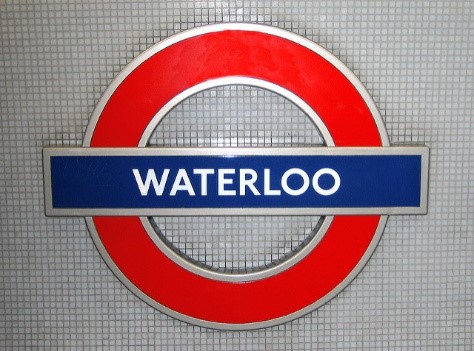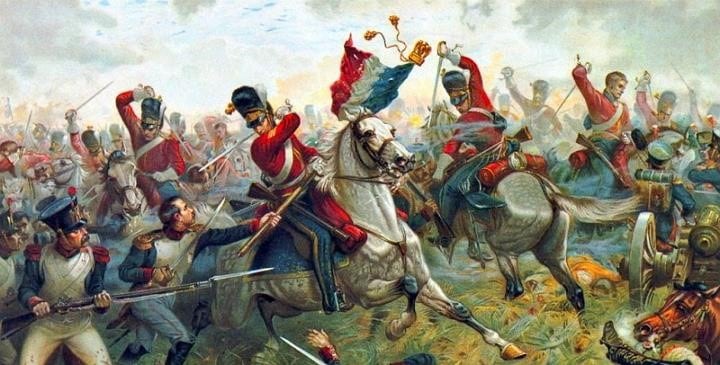HISTORIC OR HISTORICAL
This is an historic day.
—Vice President-elect Mike Pence
Perhaps you know that historicals are a genre in novels. If so, you’ll know they aren’t called
Something, on the other hand, that relates to history or is about people or events from history is historical. Novels can obviously be about people and events that took place in history, and that is why they are historical novels. We also use
We might ask:
Was Shakespeare’s Falstaff
Here, we are not asking whether Falstaff made history or not, we are simply asking whether he was a real person who existed at some point in history.
Just to confuse matters, we could ask a different question:
Was Waterloo station named after the historical battle?
In this question, we are asking whether the station was named in honour (or memory) of the battle. However, changing the adjective to historic gives a different question: we are now asking whether the station was named after the battle because the battle made history.
More usually, historical is used to describe things relating to history. A company may decide to destroy its historical files. These are files relating to business that took place sufficiently long ago that records are no longer needed. We do not describe them as historic files because, although they may have recorded events in the history of the company, they are hardly of such significance that they create history.

HOPEFULLY
I’ve always maintained that I see myself as a student. There’s always something to learn and be challenged by and hopefully grow from. —Nicolas Cage
In recent years there has been some considerable anguish about the use of hopefully.
It … used to mean ‘full of hope’, and no one had any problem with that. But in recent years hopefully has also acquired the meaning of ‘it is to be hoped’. This meaning that has attracted criticism. A good example of this would be:
Hopefully, the train will soon arrive.
There are some grammatical technicalities that can be advanced against this usage. It is not totally clear who is doing the hoping. The sentence could mean that the train will arrive soon, full of hope. But the term is now taken to mean that the viewer is the one full of hope (about something); it has become widely accepted. Even so, this usage can lead to ambiguity. For example:
We will arrive hopefully on the early morning train.
One possible meaning of this sentence is that we will arrive full of hope on the early morning train. But if you accept the hope definition, then the meaning can become:
We hope to arrive on the early! morning
So the use of hopefully to mean it is to be hoped is probably with us to stay.
Just be sure that it is not used in such a way that it could have two alternative sensible meanings.
Reproduced for Educational Purposes










